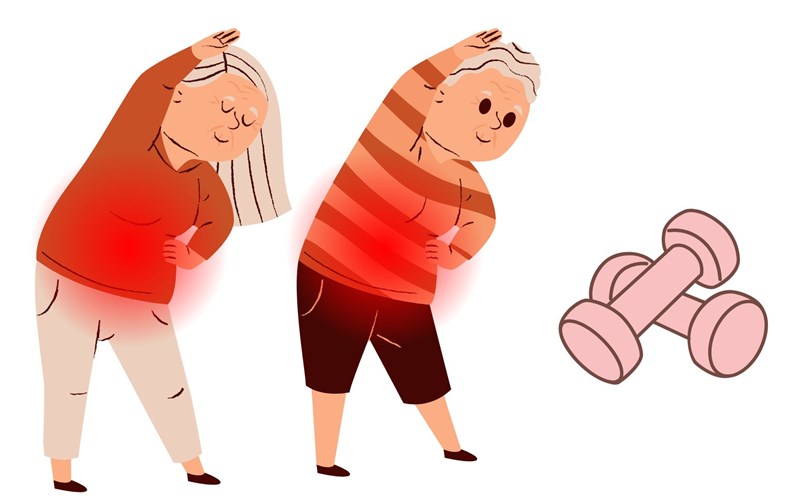Eggs
Protein is key to preventing muscle loss (sarcopenia), a common condition after middle age. Eggs are a complete source of protein, containing all 9 essential amino acids that the body cannot synthesize on its own.
Eggs also contain leucine, an amino acid that plays a role in activating muscle formation and muscle recovery after exercise.
Eat boiled eggs or low-fat fried dough sticks for breakfast or lunch, combined with green vegetables and slow-burning starch to control energy.
Fatty fish (almon, mackerel, sardines)
Fatty fish is rich in omega-3 (EPA, DHA), a nutrient that can reduce inflammation, improve muscle strength and prevent visceral fat accumulation. According to the National Institute on Aging (NIH), supplementing 2g of omega-3 per day helps increase muscle strength by 15-20% in middle-aged people after 6 months, while reducing the risk of muscle loss with age.
Omega-3 also helps regulate hormones and reduce cortisol levels (stress hormone), a factor directly related to belly fat and the aging process of the body.
You should eat fatty fish at least 2-3 times a week. It should be prepared by baking, steaming or lightly pan-frying to retain nutrients.
Greek yogurt
Greek yogurt is twice as protein as regular yogurt and also contains probiotics that aid digestion and nutrient absorption.
People over 40 who eat Greek yogurt every day are 10% more likely to maintain lean muscle mass than non-supported groups.
In particular, probiotics also help improve fat metabolism, reduce inflammation and increase the ability to synthesize proteins, which is very important during the period when the body gradually decreases metabolism.
You can eat a bowl of Greek yogurt as a snack, which can be combined with walnuts, chia seeds or low-sugar fruits to increase your weight maintenance.
Dark green leafy vegetables (c really cherry blossoms, spinach, broccoli)
Dark green vegetables contain magnesium, iron, folate and vitamin K, which are essential micronutrients that help muscles function effectively and increase energy metabolism.
Green vegetables also help control weight thanks to their high fiber content, slow down the absorption of sugar, reduce fat storage and maintain a firm waist.











